Why do I write? One thing for sure, I do not consider myself a prolific or a good writer. I struggle to put words into sentences and express myself clearly. Because of this, I take a long time to write. Yet, this is something I enjoy doing. Let me share four primary reasons why I write.
1. It is my vocation calling.
I consider my vocational calling as a New Testament scholar. This means that I not only teach courses related to the New Testament at all levels (from undergraduate to doctoral levels) but I also carry out research and writing in this area. I see my vocational calling as a ministry to both the academia and the church, and there is no dichotomy between these two spheres of ministry. I serve the church as an Anglican priest, and I attempt to communicate the fruit of my research in my teaching and preaching to the wider community of faith.
2. It is to find answers to the questions I have
My research begins with questions I have and this is followed by my attempt to answer them. Back in 2003 when I tried to put together a research proposal for my PhD, I was struck by the fact that Paul made frequent references to his sufferings in 2 Corinthians. He wrote a letter to a community that did not have much evidence for persecution or suffering. Why did Paul talk so much of his suffering to the Corinthians? How would this impact the church today? This marked the beginning of my PhD journey into finding answer to these questions.
All my writing, be it a book project, a journal essay, or an essay in an edited volume, are results of my attempt in looking for answers to questions I have, with the hope that some aspects of my research may be beneficial for the church, particularly for the church in Malaysia.
3. It is to clarify my thoughts
Ideas float in my mind, but how these various thoughts connect together is best expressed in writing. Whenever I write, I clarify my thoughts. I attempt to connect the dots by bringing together information from different sources. By doing so, I try to develop these ideas hoping that they will form a coherent argument. Rereading what I have written also helps me see whether what I put down in writing hangs together. It is important to see that the various parts are well-connected and all heading in the same direction, without which, my argument may not make sense or may be difficult for the readers to follow.
4. It is to share my research with the wider community
Many people I have encountered perceive that a scholar works in silos. Contrary to this perception, I actually work in a community. My research is hardly a work of my own. It is always in conversation with many other scholars who are working both in the same and in different disciplines. I also stand on the shoulders of giants who have made significant contribution to New Testament studies.
Initial drafts of my research are usually presented in international academic conferences (such as the Society of New Testament Studies Meeting, Society of Biblical Literature Meeting, etc) to gather feedback and response. Comments and critiques received from colleagues all over the world help me strengthen my arguments. A couple of times, based on feedback gathered, I had to abandon some of my initial ideas as they did not seem to be feasible.
I would normally request friends and colleagues to read my initial drafts for feedback to save me from errors. Before they are accepted for publication, most manuscripts will be reviewed by editors or subject to peer reviews. Any suggestions for corrections or further improvements will be taken seriously and the drafts will be rewritten. After a book is published, it will be reviewed by the scholarly community and these reviews are often published in journals.
Over the years, I have learned to appreciate the community that has helped me in my journey as a scholar.
Conclusion
Hopefully, these four reasons will help readers understand why I am passionate in what I do. At times, I wish I have nothing better to do than to read, research, and write. That would be a dream come true for me! What are some other reasons you write as a scholar?
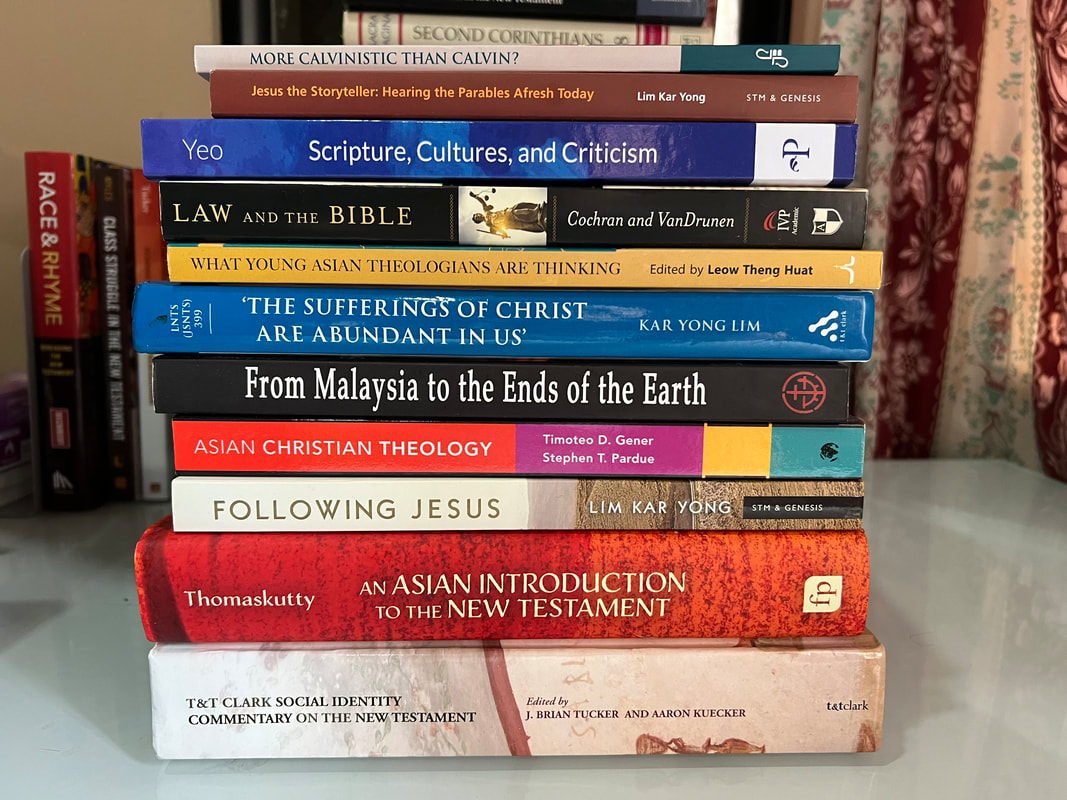
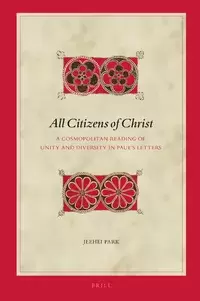
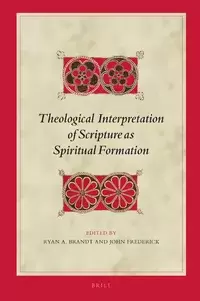
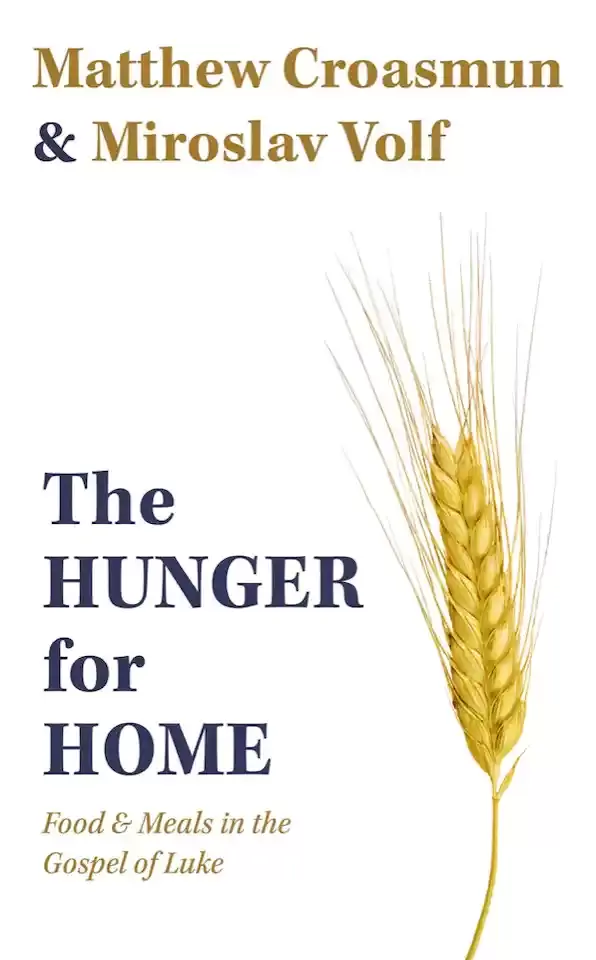
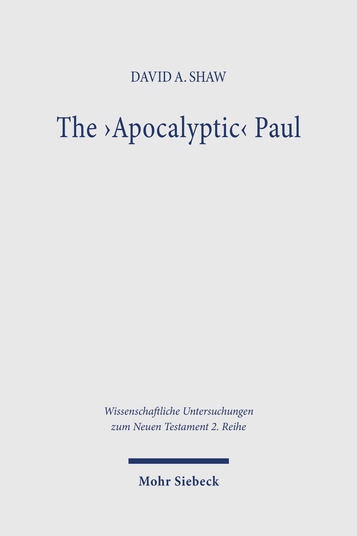
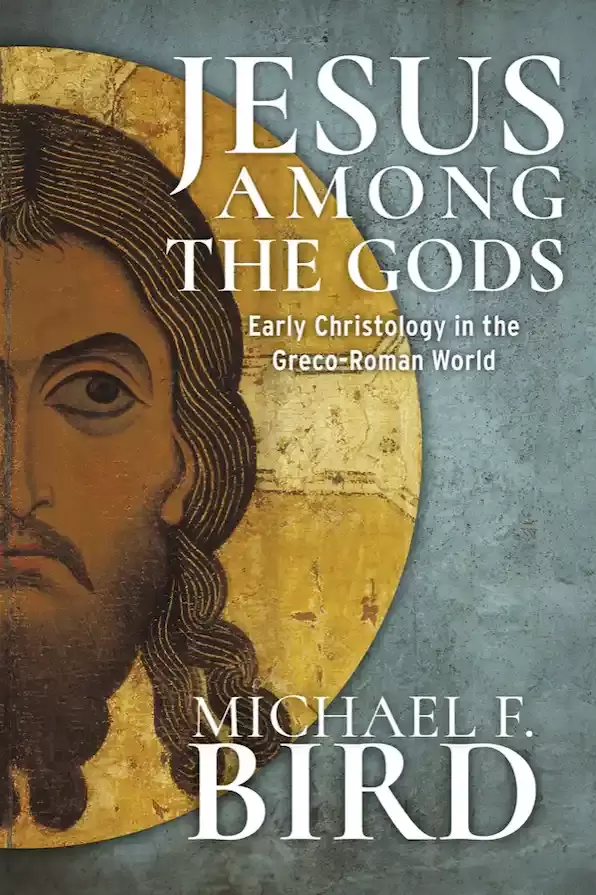
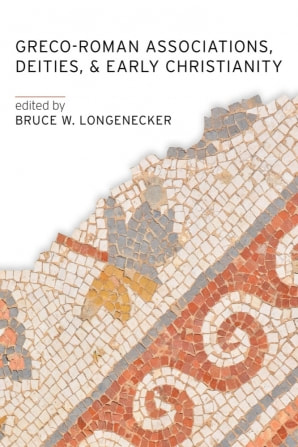
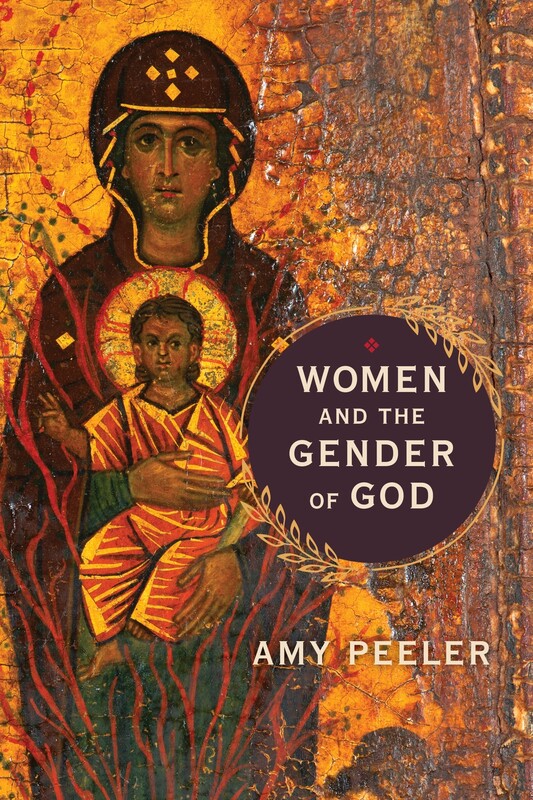
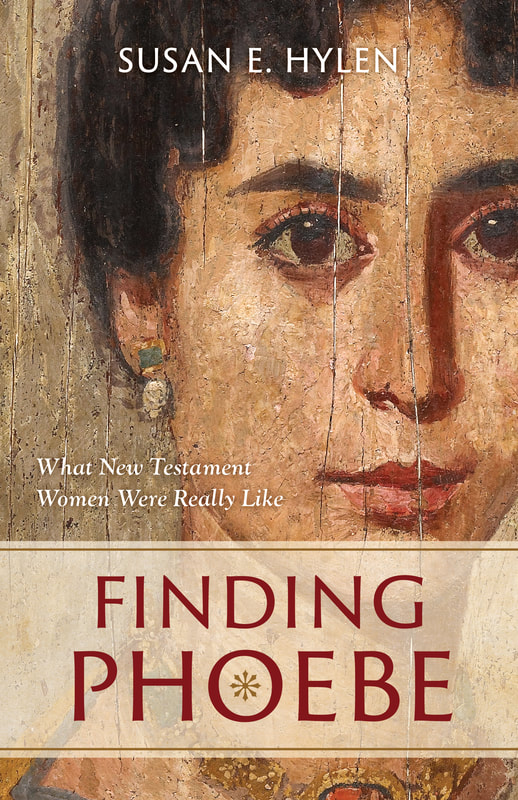
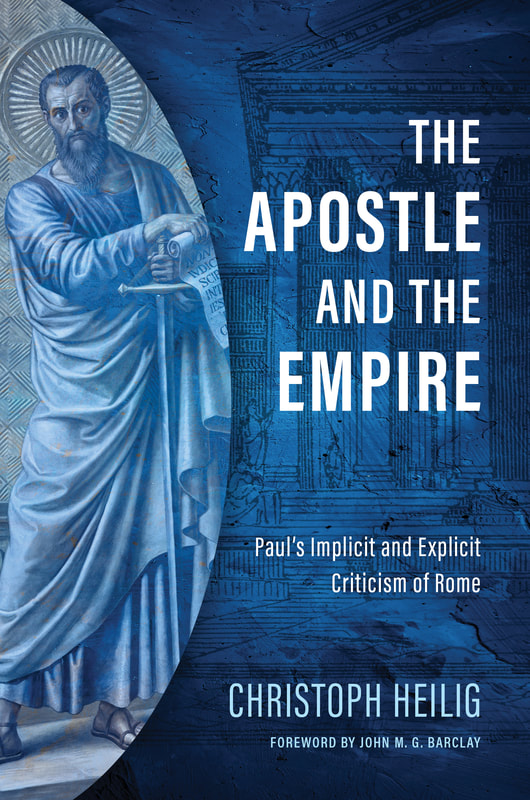
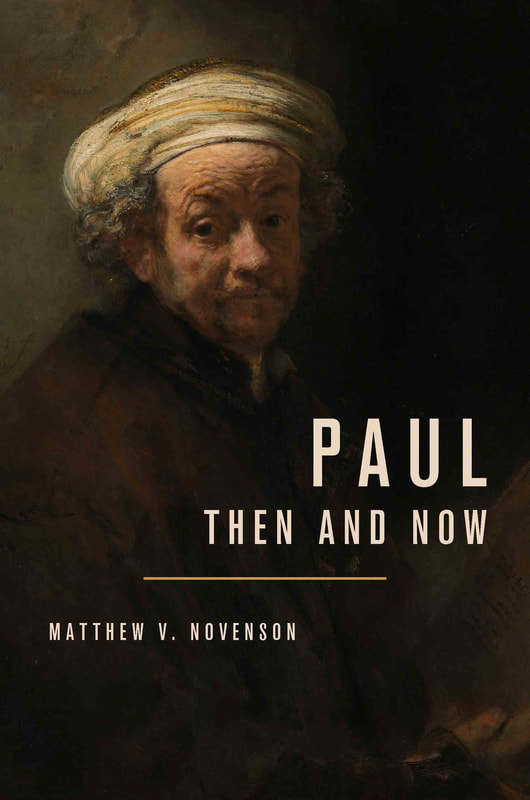
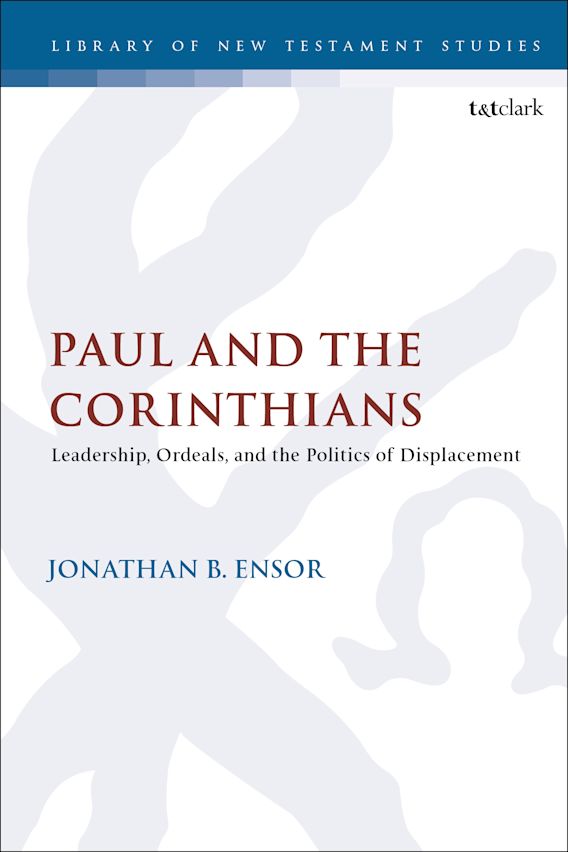
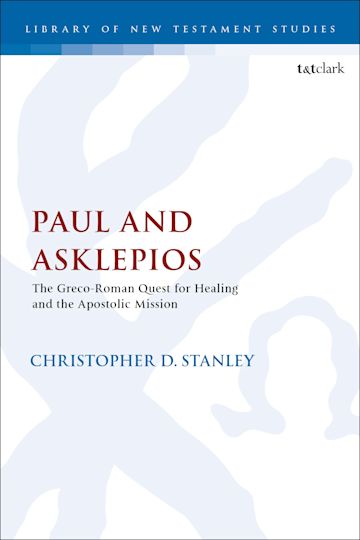
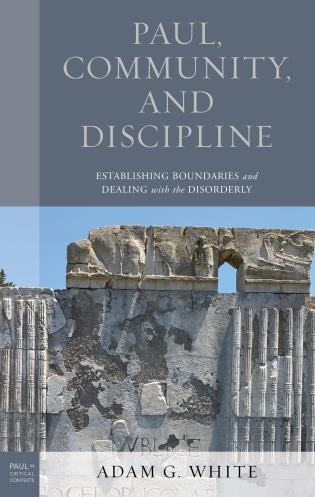
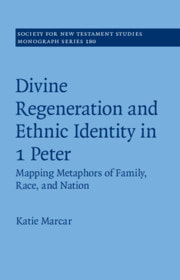
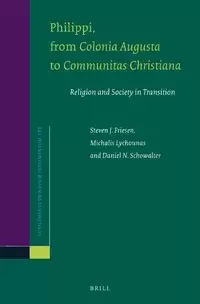
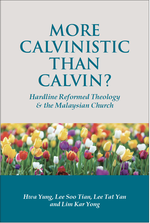
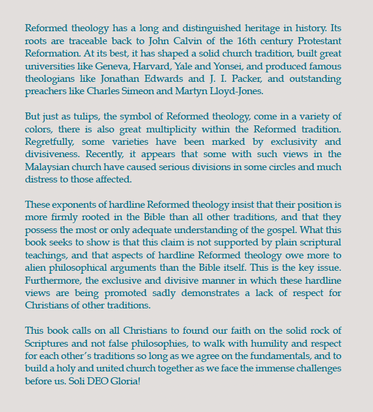
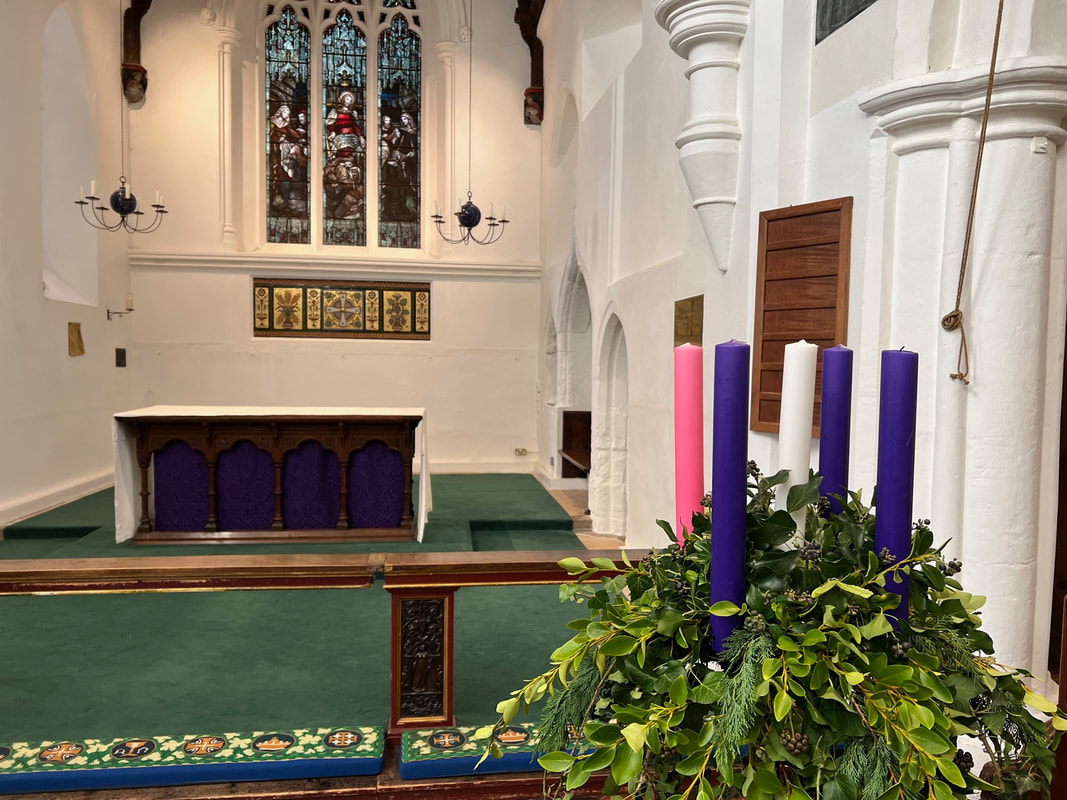
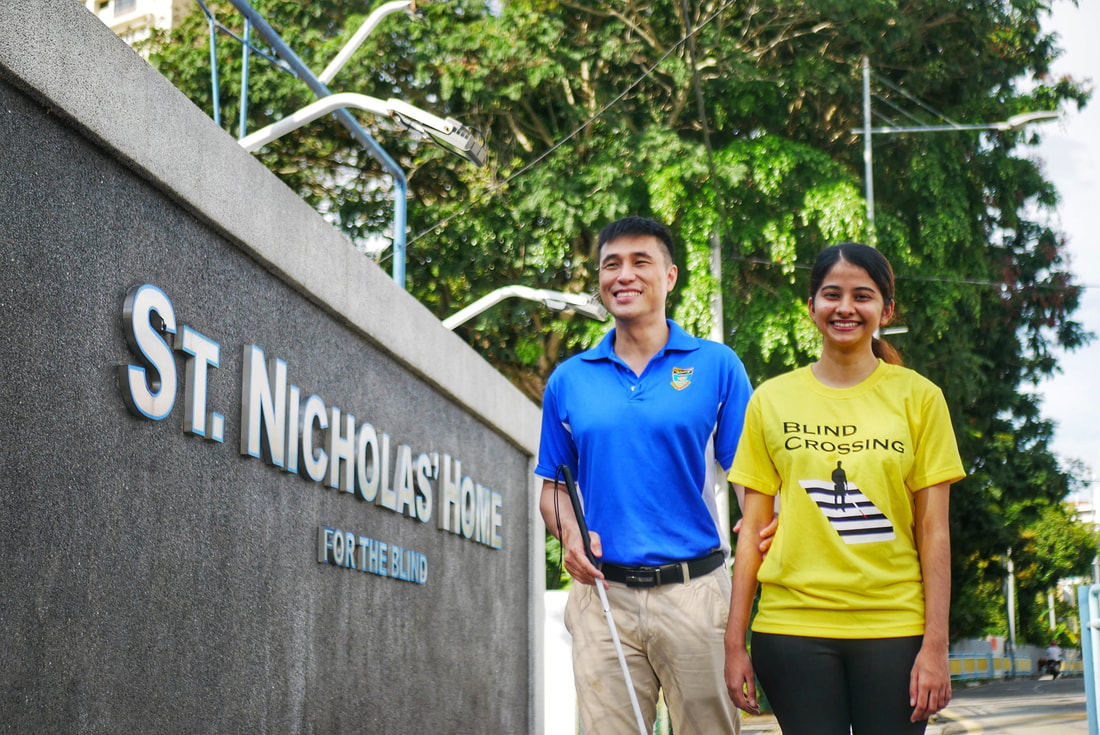
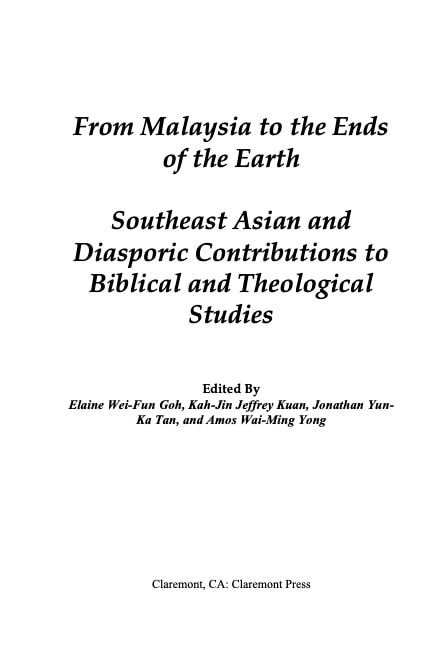
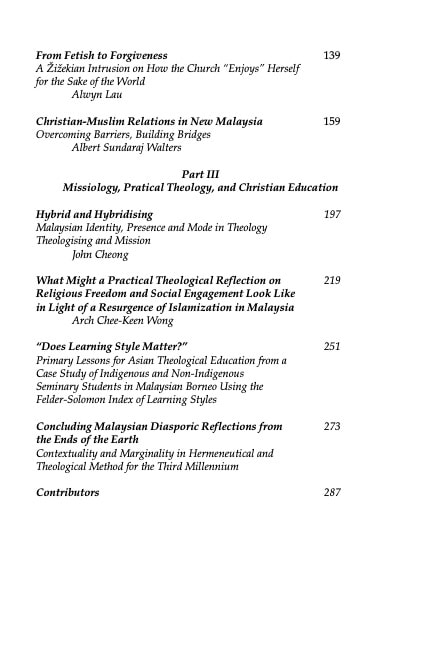
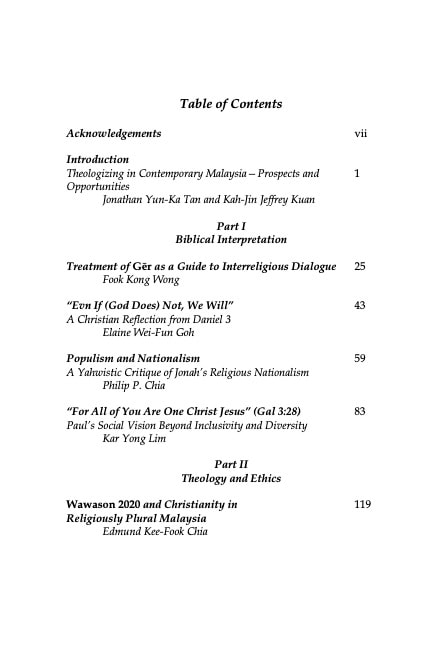
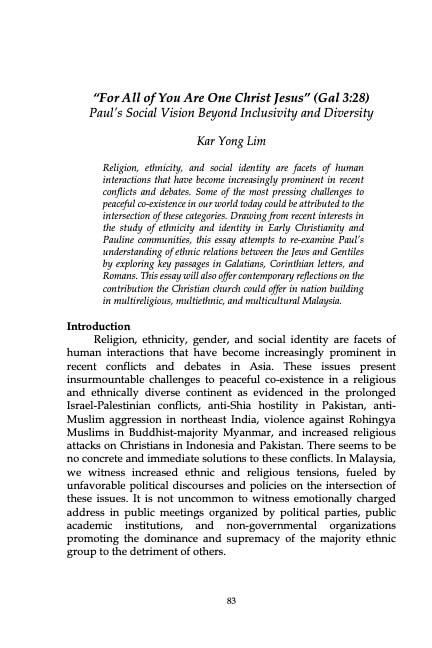
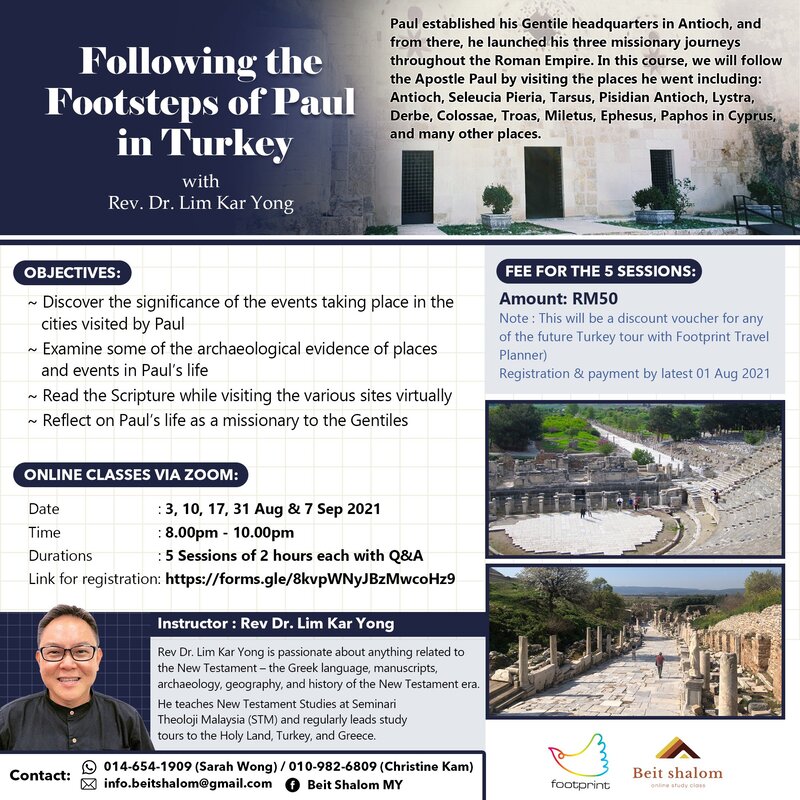
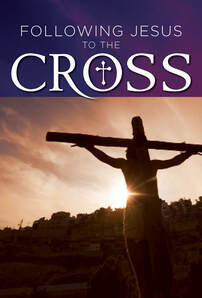
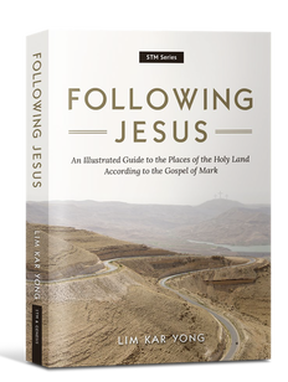
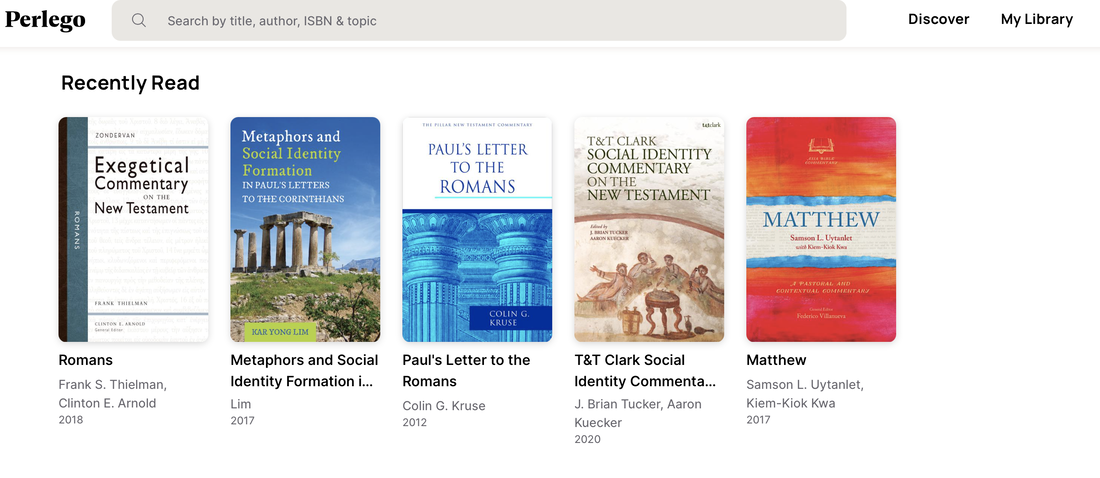
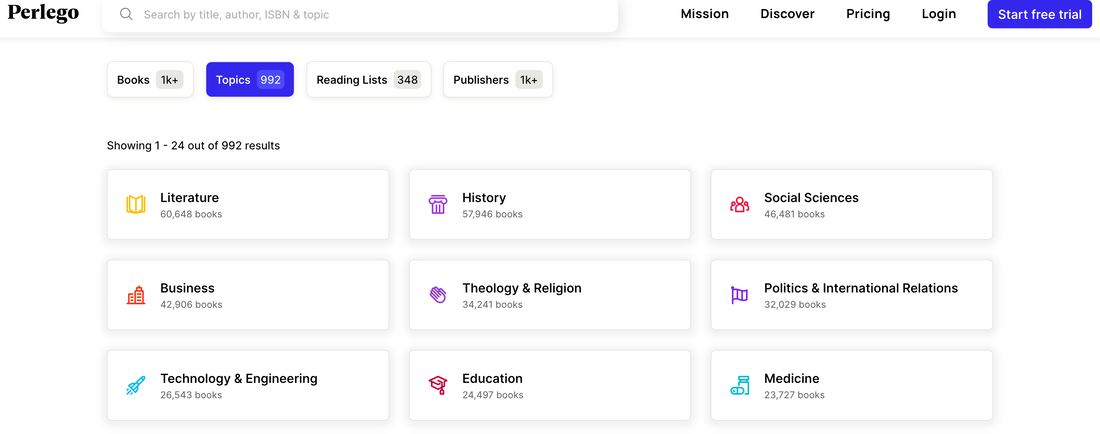
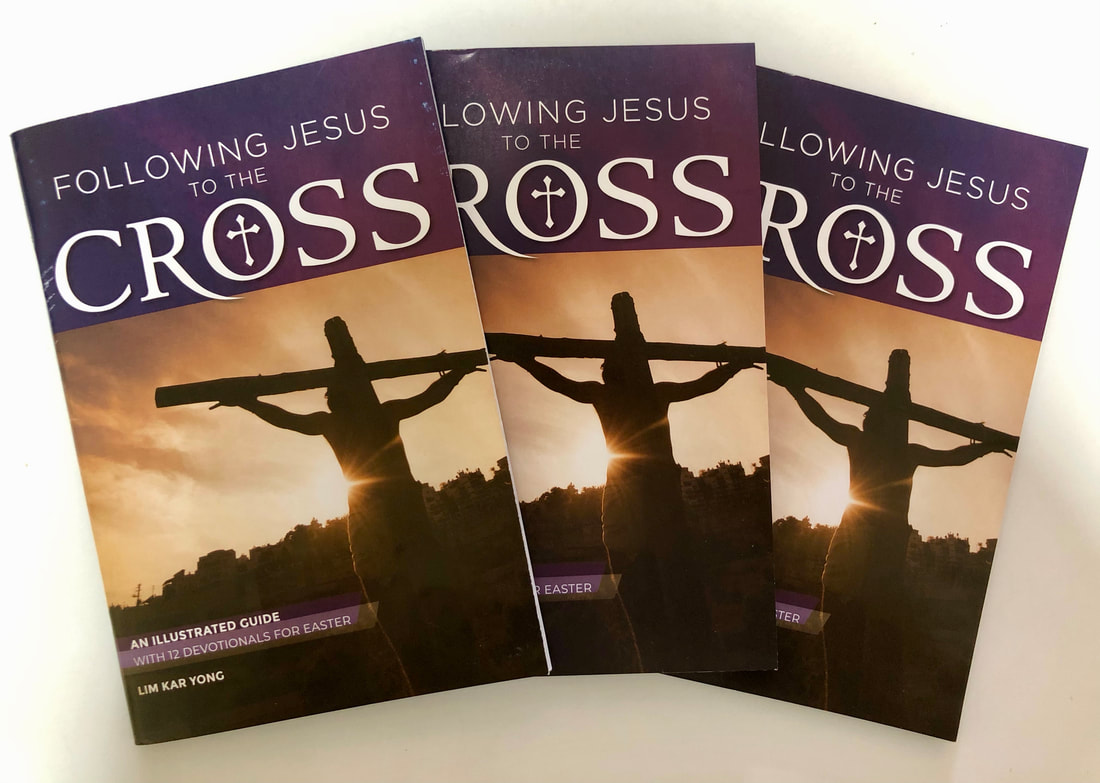
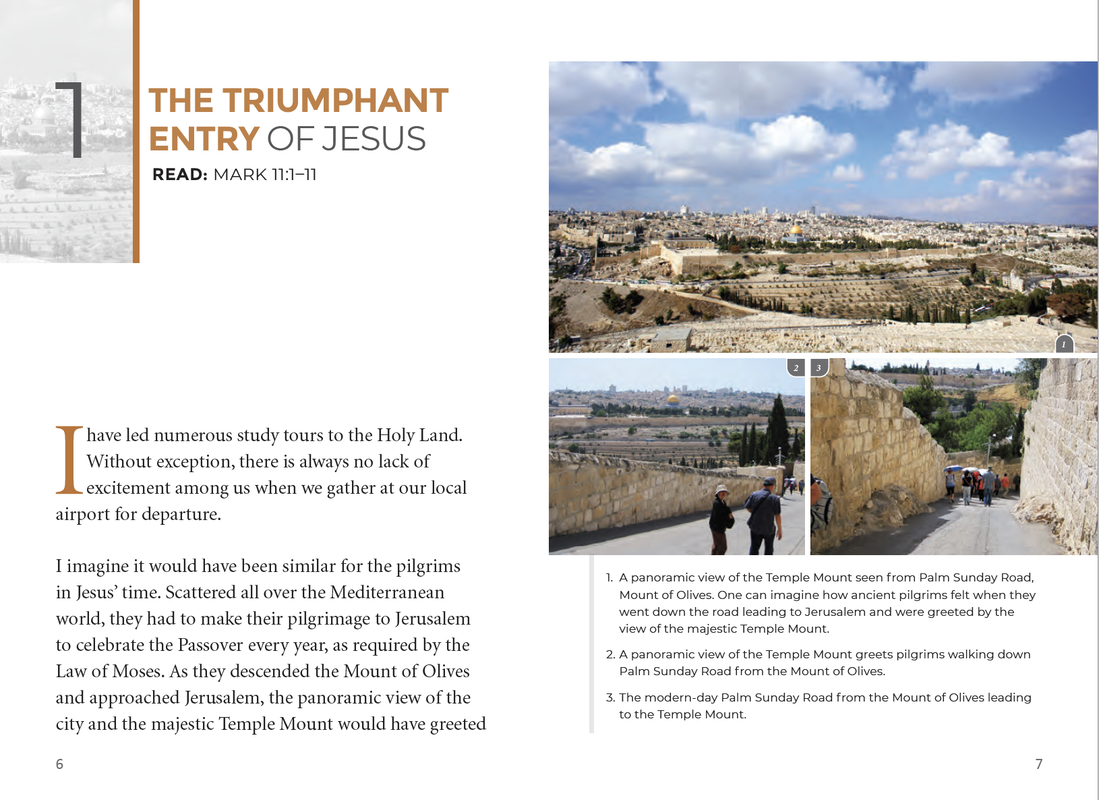
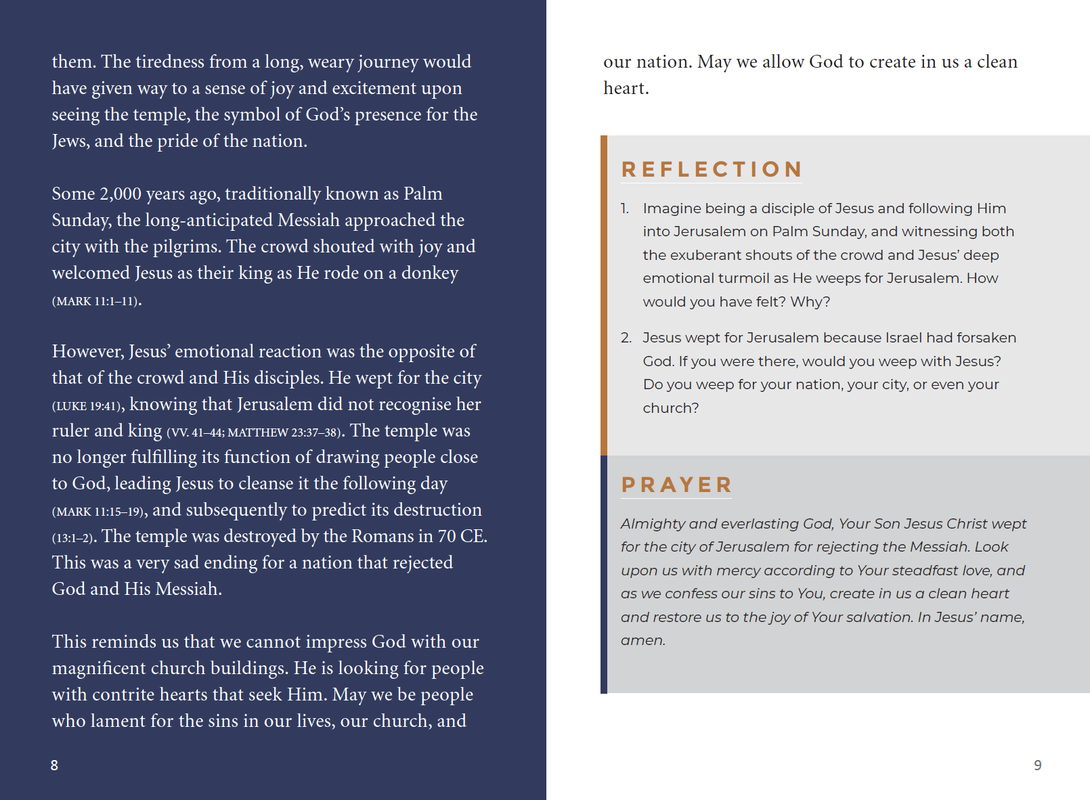
 RSS Feed
RSS Feed